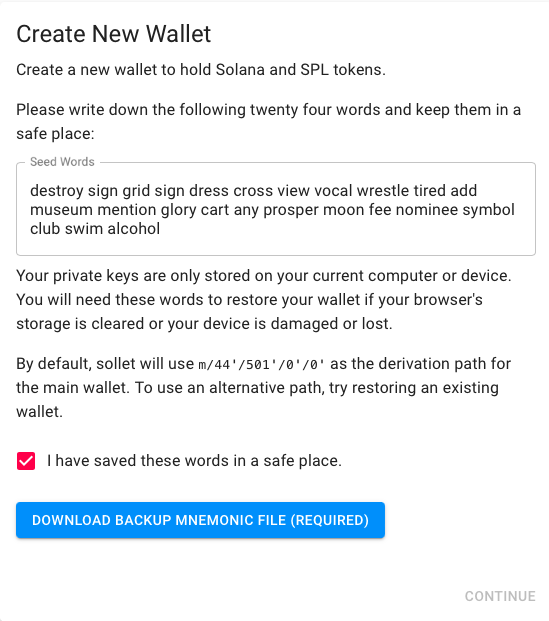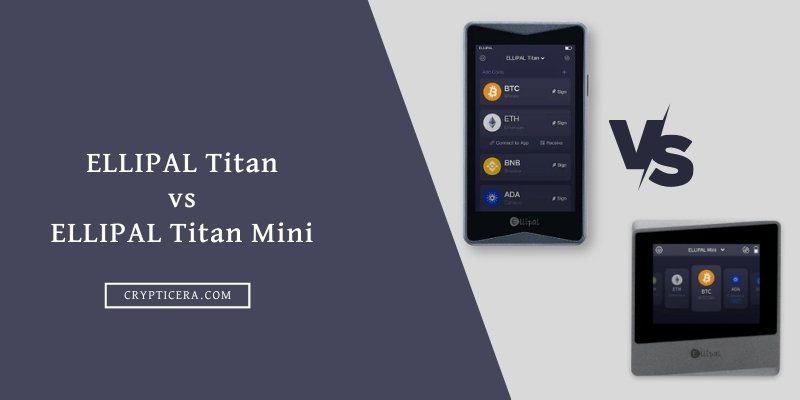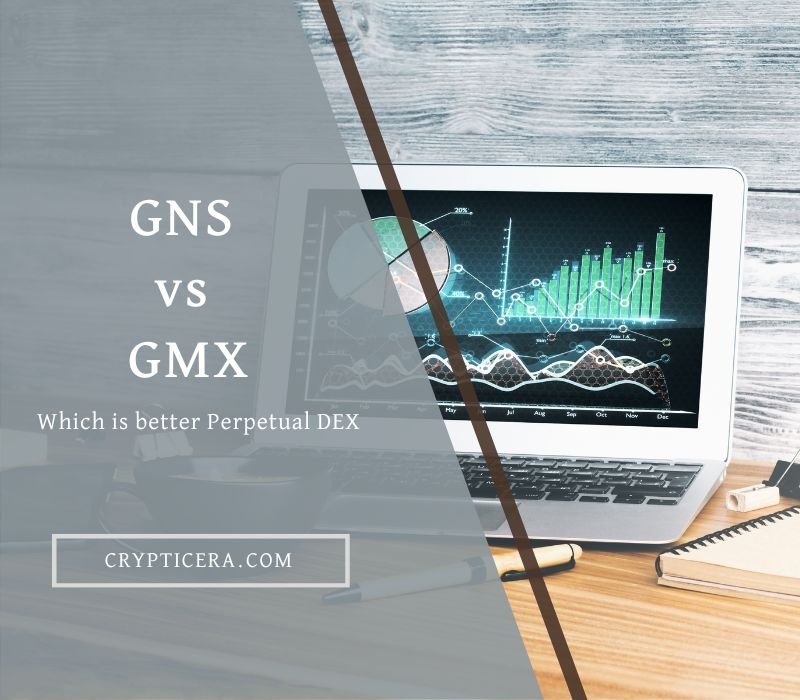Are you planning to dive into the world of Solana, the high-performance blockchain platform? Then, you need a reliable Solana wallet that can store, manage, and transfer your Solana tokens seamlessly.
But with so many options available in the market, it can be overwhelming to choose the best one for your needs.
In this post, we’ll compare three of the best Solana wallets in 2023: Phantom, SolFlare, and Sollet. We’ll analyze their features, pros, and cons to help you decide which one suits your needs.
Key Takeaways:
- Phantom and Solflare are Mobile and browser Extension wallets, whereas Sollet is an Open-Source Web-based Solana wallet.
- Sollet wallet also Supports the Ethereum blockchain.
- All Thress wallets support Staking and DApp Integration.
Comparison Table between Phantom, Solflare, and Sollet
| Key Points | Phantom | Solflare | Sollet |
|---|---|---|---|
| Wallet Type | Browser Extension/Web/Mobile App | Browser Extension/Web/Mobile App | Browser Extension |
| Target Audience | Beginner/Intermediate | Intermediate/Advanced | Advanced/Developers |
| Token Swapping on Mobile | Yes (iOS/Android) | Future Release | No |
| ERC20 Token Support | No | No | Yes |
| Token Addition Fee | N/A | N/A | 0.002039 SOL per token type |
| Seed Phrase | 12-word mnemonic | 24-word mnemonic | 24-word mnemonic |
| Staking | SOL and SPL tokens | SOL | SOL and SPL tokens |
| Additional Features | Staking Prevents 100% token staking | Integration with Solrise Investment Platform | Direct Integration with Serum DEX, Farming SPL Tokens via Serum |
Similairites and Differences
If you’re looking for a modern and intuitive design with strong security measures, Phantom and Solflare are great options. If you need the ability to hold ERC20 tokens or manually add custom SPL tokens, Sollet is the way to go. And if you plan to farm SPL tokens, Sollet may be the best choice.
Security
When it comes to choosing a wallet, security is one of the most important factors to consider. All three wallets use a 24-word mnemonic seed phrase, which is considered one of the most secure methods for storing private keys. Additionally, both Solflare and Phantom offer integration with the Ledger hardware wallet for added security.
Note: Sollet is an Open source and Web based wallet, it may not be highly secure because of 24/7 internet exposure.
Winner: Phantom and Solflare
User Interface
Another crucial factor to consider is the user interface of each wallet. Phantom and Solflare both offer web and mobile applications, while Sollet is only available as a browser extension. All three wallets have a clean and easy-to-use interface, with Phantom and Solflare offering a more modern and intuitive design.
Winner: Phantom and Solflare (both offer web and mobile applications with a modern and intuitive design)
Token Support
One of the key differences between these wallets is the number of tokens they support. Solflare and Phantom support only SOL and SPL tokens, while Sollet offers the ability to hold ERC20 tokens in addition to SOL and SPL tokens. Sollet also allows users to manually add custom SPL tokens, which is a useful feature for those working with new and emerging projects.
Winner: Sollet (offers the ability to hold ERC20 tokens and manually add custom SPL tokens)
Token Swapping
All three wallets allow users to swap tokens, but there are some differences in the user experience. Solflare and Phantom both allow token swapping on the web application and browser extension, while Sollet only allows token swapping through the browser extension. Additionally, Solflare has an upcoming integration with the Solrise investment platform that allows users to manage their investment funds through the wallet.
Winner: Tie (all three wallets offer token swapping but with some differences in user experience)
Staking
Staking is an important feature for those looking to earn rewards on their SOL and SPL tokens. All three wallets offer staking for SOL and SPL tokens, but there are some differences in how it works. Solflare and Phantom both prevent users from staking 100% of their tokens to account for transaction fees, while Sollet does not have this feature. Additionally, Sollet allows users to farm SPL tokens through its integration with Serum.
Winner: Tie (all three wallets offer staking, but with some differences in how it works)
Fee Structure
Fees can add up quickly when using a wallet, so it’s important to consider the fee structure of each wallet. Solflare and Phantom charge no fees for transactions, while Sollet charges a fee of 0.002039 SOL per token type when adding ERC20 or custom SPL tokens.
Winner: Phantom and Solflare (both offer fee-free transactions)
Must-Read Guides:
- 9 Best Solana Wallets In 2023: Store SOL Tokens
- Why Solana Transactions Are Lightning Fast: 8 Insights
- Magic Eden Vs Solanart: Solana NFT Marketplaces Review
- 7 Best Custodial Crypto Wallets (Reviews & Comparison)
- Solana Vs Aptos (APT): Which Is The Better Layer 1?
Phantom Wallet Review

Phantom is a cryptocurrency wallet that has been specifically designed for DeFi and NFTs, making it easy and fun for users to explore the world of Web3. The platform provides a user-friendly interface for managing digital assets, including tokens and NFTs, with fast transactions and low fees on the Solana network.
Phantom prioritizes security and privacy, giving users full control over their assets and respecting their privacy. The platform has been independently audited by top security firms to ensure that users’ funds and information are safe.
In addition to its security features, Phantom is also one of the most advanced Solana wallets available, offering easy staking of SOL and built-in swapping. For added security, users can connect their Ledger to their Phantom account.
Pros and Cons of Phantom wallet
| Pros | Cons |
|---|---|
| Secure and anonymous | Supports only Solana blockchain |
| Supports multiple operating systems | Not open-source software |
| User-friendly interface | customizable fees not available |
| Two-factor authentication | |
| Decentralized and non-custodial | |
| Integration with Ethereum dApps and NFTs |
SolFlare Wallet Review

Solflare is a trustworthy and robust crypto wallet that brings the full benefits of Solana to its users. It is an all-in-one platform that can be accessed through a web-based interface or a browser extension, allowing you to securely store, send, and receive Solana and SPL tokens. Moreover, it provides access to decentralized applications built on the Solana blockchain.
Solflare has an impressive range of features, including support for staking Solana to a preferred validator and a Swap function that enables users to exchange tokens within their wallet.
It also has NFT support that comes with full metadata and can be used with Ledger devices, adding an extra layer of security for users.
–Read Full Solflare Wallet Review
Pros and Cons of Solflare
| Pros | Cons |
|---|---|
| User-Friendly Interface | No Desktop Application |
| Easy to Use | only supports Solana blockchain |
| Supports Multiple Tokens | Limited Token Support |
| Low Transaction Fees | Limited Staking Options |
| Fast Transaction Speeds | |
| Private Key Control | |
| Secure Storage |
Sollet Open Source Wallet

Sollet Wallet is an open-source digital wallet that is designed for use with the Solana blockchain network. It is a web-based wallet, which means that it can be accessed directly from a web browser without the need to download any software.
Sollet Wallet is free to use, and it offers a range of features that make it easy to manage and store Solana digital assets.
Sollet sets itself apart from Solflare and Phantom by offering direct integration with Serum and the capability to hold ERC20 tokens. To add tokens, users have three options to choose from: popular tokens, ERC20 tokens, and manual input.
A fee of 0.002039 SOL per token type is required for each type of token added. To ensure security, Sollet uses the 24-word mnemonic seed phrase format, and users can stake SOL and SPL tokens.
It’s worth noting that users should be cautious when farming SPL tokens through Serum since many of these projects are new. If users don’t require ERC20 tokens or Serum integration, they may want to explore alternative wallet options.
Pros and Cons of Sollet
| Pros | Cons |
|---|---|
| Offers direct integration with Serum | Not secure |
| Low fees | not user friendly |
| Open Source | No mobile and Desktop App |
| Staking | |
| Hardware wallet Integartion |
Conclusion
In conclusion, Solana is a fast-growing blockchain that is quickly gaining popularity in the cryptocurrency world. As a result, many wallets have emerged to meet the demands of Solana users. Among them are Phantom, SolFlare, and Sollet.
Each of these wallets has its unique features and benefits that make it stand out. Phantom offers a user-friendly interface with a smooth experience, making it an excellent choice for beginners.
SolFlare, on the other hand, is more geared towards advanced users with a more robust set of features. Lastly, Sollet is an Open Source Wallet.
FAQs
Is Solflare a good wallet?
According to reviews and user feedback, Solflare is a well-regarded Solana wallet. It offers an intuitive and user-friendly interface, strong security measures, and a wide range of features for managing and storing SOL tokens and other assets on the Solana network. Solflare has also been audited by reputable security firms, which adds to its credibility as a trustworthy wallet.
Which is best, Phantom or Solflare?
Solflare is better than Phantom in terms of user-friendly Interface. However, Phantom is widely adopted and has millions of users worldwide. Phantom is known for its fast transaction speeds and ease of use, while Solflare offers more advanced features such as staking and NFT support.
Is Phantom only for Solana?
Yes, Phantom is a wallet specifically designed for the Solana network. While Phantom is currently only available for Solana, the team behind the wallet has expressed interest in expanding to other blockchain networks in the future.


